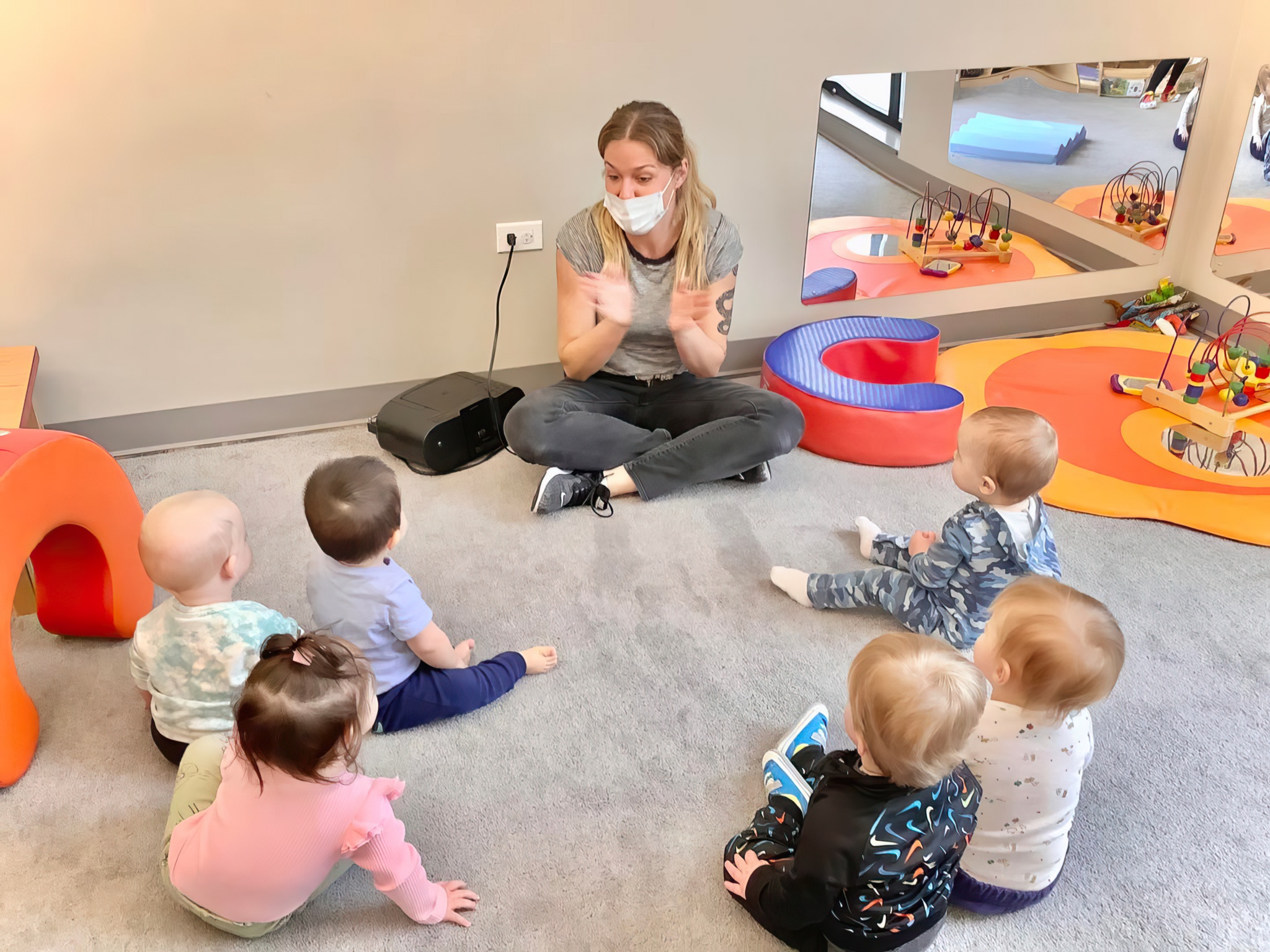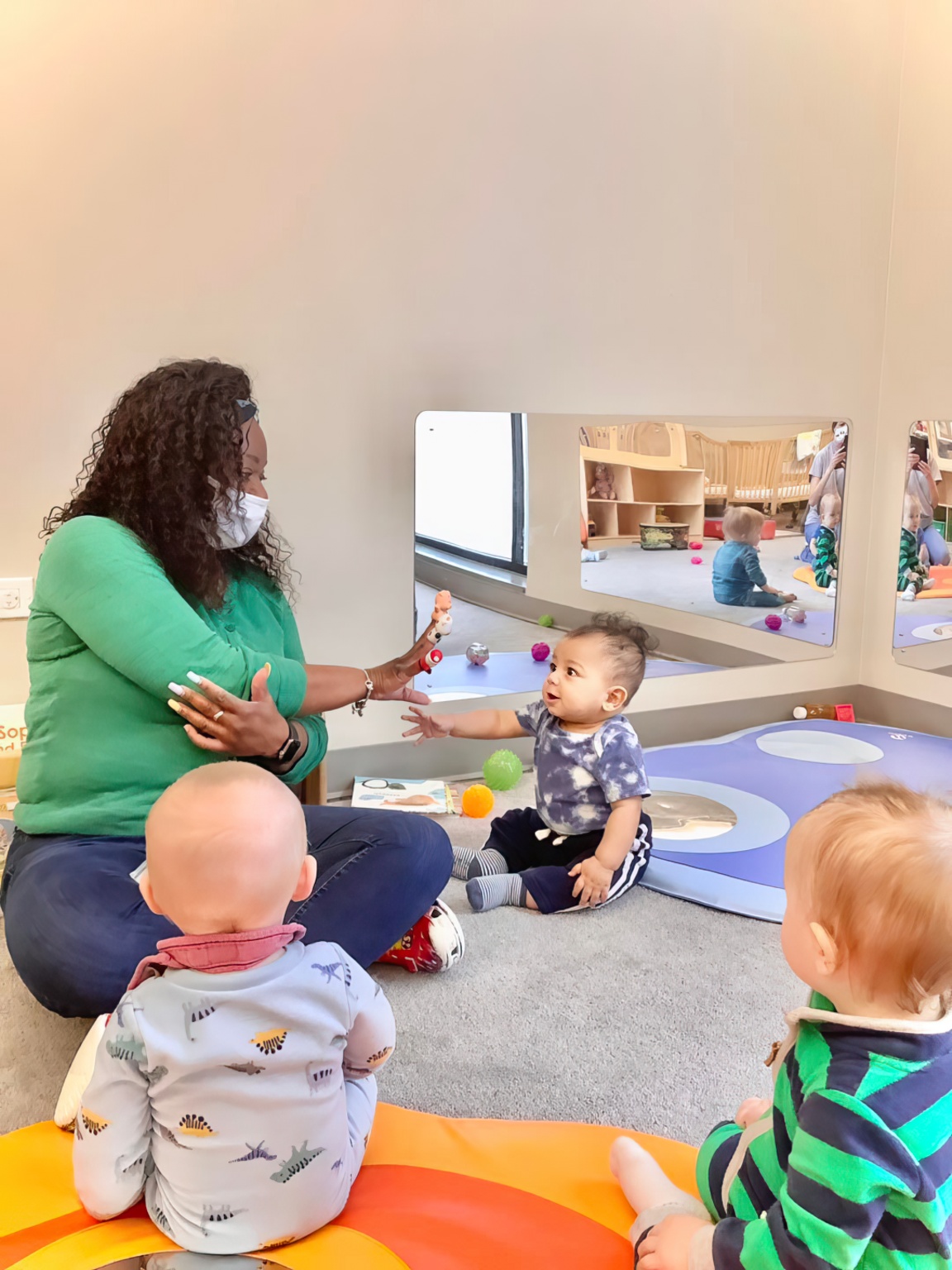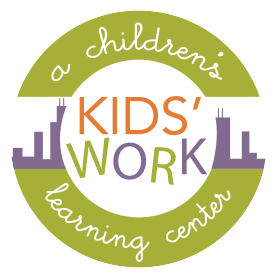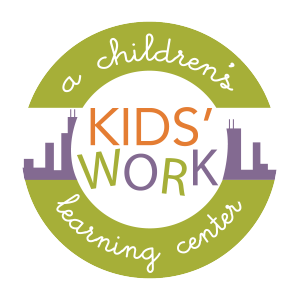Guide to Selecting the Ideal Private Preschools Near Me
If you’re a parent looking for the best way to prepare your little one for their educational journey, the search starts with selecting a private preschool. With so many options available and considerations like cost and location to think about, it can be overwhelming. But don’t worry—this guide will walk you through everything there is to know when finding an ideal private preschools near me. We’ll cover everything from deciding what kind of program is right for your child to researching all the different types of schools in your area so that eventually, you can make an informed decision about which option is best for them.
Why Private Preschools are a Good Option for Your Child
Private preschools are an exceptional choice for your child due to several key reasons. Firstly, they often offer smaller class sizes, ensuring that your child receives the utmost individualized attention and instruction. This tailored approach is invaluable in fostering their personal and academic growth, allowing them to thrive in a nurturing environment.
Secondly, private preschools typically provide enriching programs that go beyond what public schools can offer. Alongside core subjects, they may introduce foreign languages, arts, and even STEM programs. These additional opportunities broaden your child’s horizons and enable them to explore different areas of interest, fostering a well-rounded education.
Moreover, private preschools often have the flexibility to tailor their curriculum based on individual learning styles and personal interests. This personalized approach ensures that your child’s unique needs are met, enhancing their engagement and overall educational experience. By catering to diverse learning styles, private preschools inspire a love for learning and ignite a lifelong passion for knowledge.
Factors to Consider When Choosing a Preschool
When choosing a preschool for your child, there are several critical factors to consider.
- Location: The school should be conveniently located, whether near your home or your workplace. Ease of commute is important for young children, and proximity can help in case of emergencies.
- Staff Qualification and Experience: Look into the qualifications, training, and experience of the teaching staff. A highly competent and caring team can significantly impact your child’s learning experience.
- Class Size and Teacher-Student Ratio: Smaller class sizes and a low teacher-student ratio are preferable as they allow for personalized attention and instruction.
- Safety and Cleanliness: Ensure the school prioritizes safety and maintains a clean and healthy environment in preschool.
- Parent Involvement: Schools that encourage parental involvement create a supportive community for the child’s growth and development.
- Cost: Last but not least, carefully consider the tuition costs, fees, and other expenses associated with the school. Research different options in your area to find a balance between quality and affordability.
These factors should be taken into account when selecting a private preschool for your child. Doing so ensures that you choose the best possible option, one that meets your child’s needs and provides them with an exceptional education.

Researching Different Types of Programs Available
As a part of your preschool selection process, it’s important to explore the different types of programs available. Many private preschools offer a variety of program options designed to cater to a range of learning styles and developmental needs.
- Montessori: The Montessori approach emphasizes child-led learning, allowing children to choose activities based on their interests. This kind of program fosters independence and encourages children to explore at their own pace in a structured environment.
- Reggio Emilia: This philosophy emphasizes the importance of community and self-expression. The curriculum in a Reggio Emilia program is largely project-based, facilitating learning through exploration and discovery.
- Waldorf: Waldorf education focuses on the holistic development of the child. It integrates arts, music, and movement into everyday learning, promoting creativity and imagination.
Each of these methods has its unique strengths and matches different learning styles and personalities. By understanding these methods and your child’s unique needs, you can choose a preschool program that will best support their growth and development.
Tour Different Schools to Get a Feel for the Environment
Once you have a list of potential preschools that align with your child’s needs and your family’s values, it’s time to tour these schools. Visiting a school in person can provide a real sense of the learning environment, culture, and overall vibe, which cannot be fully captured by websites or brochures.
While touring, observe the classroom dynamics and the interactions between teachers and students. Are the children engaged and happy? Is the staff patient and nurturing? Make sure to also check the cleanliness and safety of the premises. Don’t hesitate to ask questions about anything that is unclear or concerns you, from daily routines to their approach to discipline and conflict resolution.
Take note of the learning materials and resources available. Are they diverse and stimulating? Do they cater to different learning styles and interests? Remember that an enriching learning environment goes beyond just academics, so look for signs of a balanced program that also values art, physical activity, and social interactions.
Lastly, consider how you and your child feel while touring the school. Do you feel welcome and comfortable? Does your child seem excited and curious? Trusting your intuition can be an essential part of the decision-making process. After all, choosing a preschool is not just about the facts and figures but also about finding a place where your child can thrive and be happy.
Questions to Ask During the Interview Process
When interviewing potential preschools for your child, it’s crucial to ask the right questions to gain a comprehensive understanding of what each institution has to offer. Here are some key questions you might consider:
- What is your educational philosophy?: This question can help you understand the school’s values, their approach to teaching, and whether it aligns with your child’s learning style and your own educational goals.
- What is the teacher-student ratio?: This gives an indication of how much individualized attention your child will get.
- How are behavioral issues handled?: This can provide insight into the school’s discipline approach and conflict resolution strategies.
- What is a typical day like?: This question can give you a sense of the school’s routine and variety of activities.
- What are your teacher’s qualifications?: Understanding qualifications can give you an insight into the level of expertise and experience of the teaching staff.
- Do you provide a balanced curriculum?: This question can shed light on whether the school offers a mix of academics, arts, physical activities, and social development.
- How do you communicate with parents?: Regular updates and open communication with parents is a good sign of a school’s commitment to partnership and transparency.
- What safety measures are in place?: This question will help you understand the steps taken by the school to ensure the safety and well-being of your child.
Remember, the goal of these questions is not just to gather information, but also to gauge whether the school is a good fit for your child’s unique personality and learning needs.
With all these considerations in mind, you should have all the information you need to make an informed decision about your child’s preschool. With patience and dedication, you can find a school that will provide a solid foundation for your child’s future success.

https://www.google.com/maps?cid=9628590424428984626

